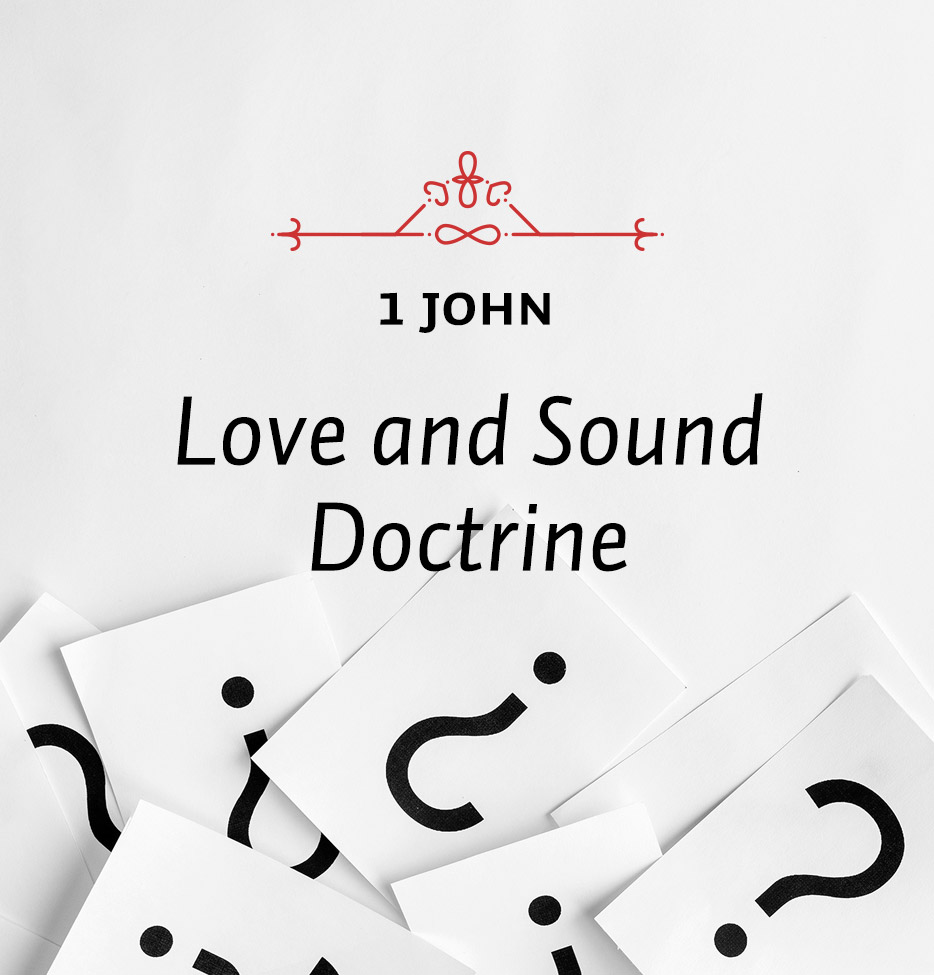We concluded yesterday’s study by saying that the idea of a day of judgment is logical, given what we know both about God as holy and ourselves as sinners.
Moreover, the day of judgment is as fixed in God’s eternal timetable as any other day in world history. This is the significance of the word “day.” Technically speaking, the day of judgment is not necessarily a twenty-four-hour period. At all events, it certainly includes a series of judgments upon the earth (Rev. 6-16), the beast and the false prophet (Rev. 19:20), the Gentile nations (Joel 3:14; Matt. 25:31-46), Israel (Ezek. 20:33-44), and all individuals at the judgment of the great white throne (Rev. 20:11-15). The reason it is called a day is that it is fixed in God’s timetable and will surely come.
There is a similar situation in John’s references to the “hour” of Jesus Christ (John 2:4; 7:30; 8:20; 12:23, 27; 13:1; 16:32; 17:1). It is clear from these passages that the “hour” involves more than a sixty-minute period. At the very least it involves the three days beginning with the crucifixion and concluding with the resurrection; and it may involve the forty days following the resurrection, inasmuch as the exaltation of Christ, which is involved in the “hour,” would seem to include the ascension. It is called Christ’s “hour,” then, not because of its length but because of the events which it includes were fixed in God’s timetable.
In view of this logical and unalterable day in which the thoughts and deeds of men and women are to be judged, an individual might well fear. But John says that in the case of Christians perfect love casts out terror. This does not mean that love for God is the ground of our acceptance before Him. The only possible ground is the death of Christ for us and faith in Him. It means rather that by love for God any unreasonable fears are quieted and we come to rest in the fact that the one who was for us in Christ will allow nothing to destroy the eternal relationship which the death of Christ established (Rom. 8:31-39).
It is possible to be a Christian and still be filled with fear in view of God’s judgment. Some branches of the Christian Church even encourage such fear on the part of their adherents. But the fear is unnecessary, and mature love defeats it. Bengel, in one of his excellent Latin expressions, gives the proper course of progress in the Christian life: “neither love nor fear, fear without love, both fear and love, love without fear.” The sinner must begin by fearing the God against whom he has sinned; but, having believed in Christ who has atoned for sin, he may put away fear and grow in confidence before Him.






